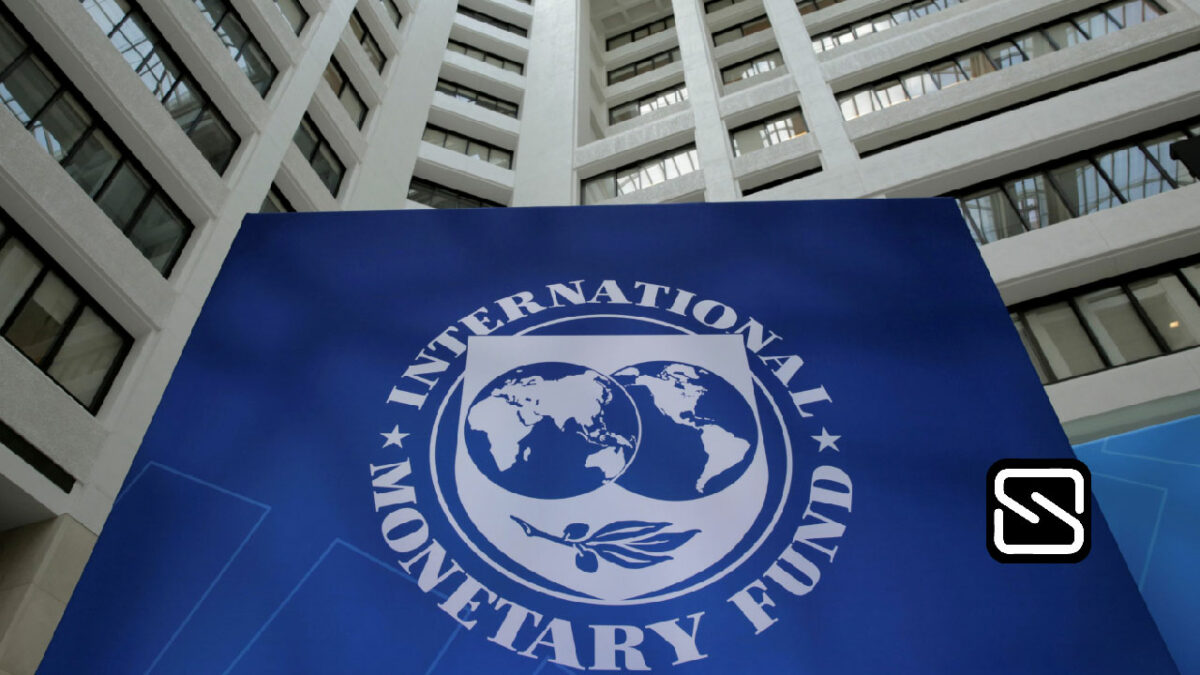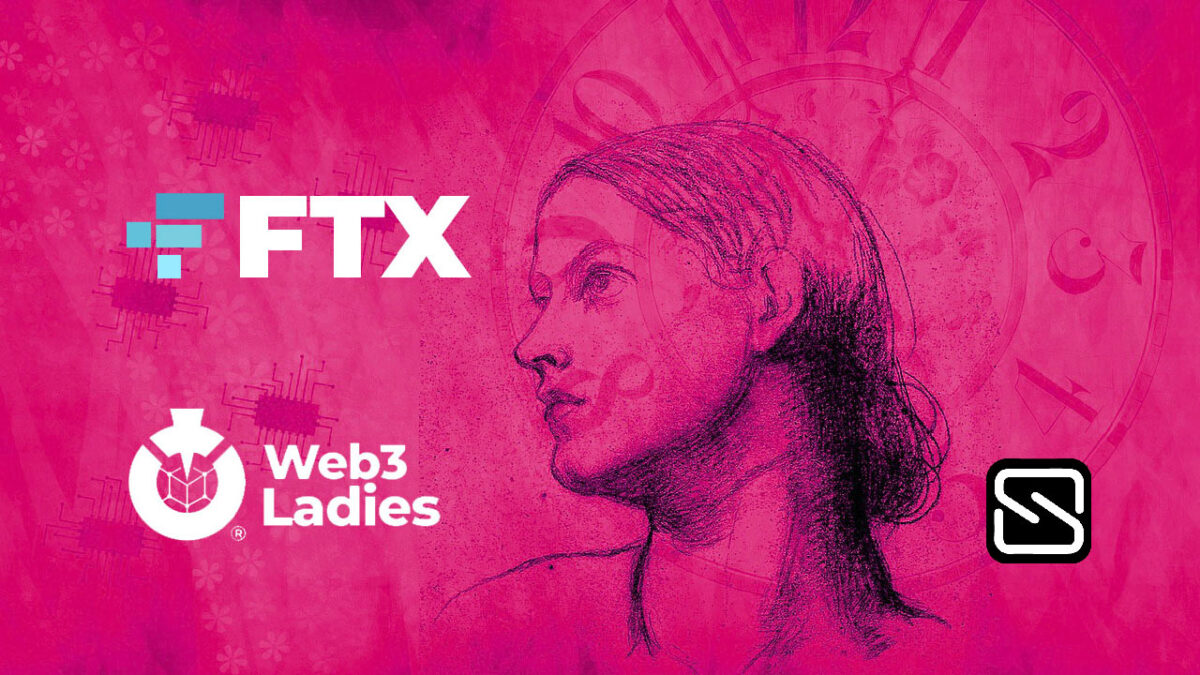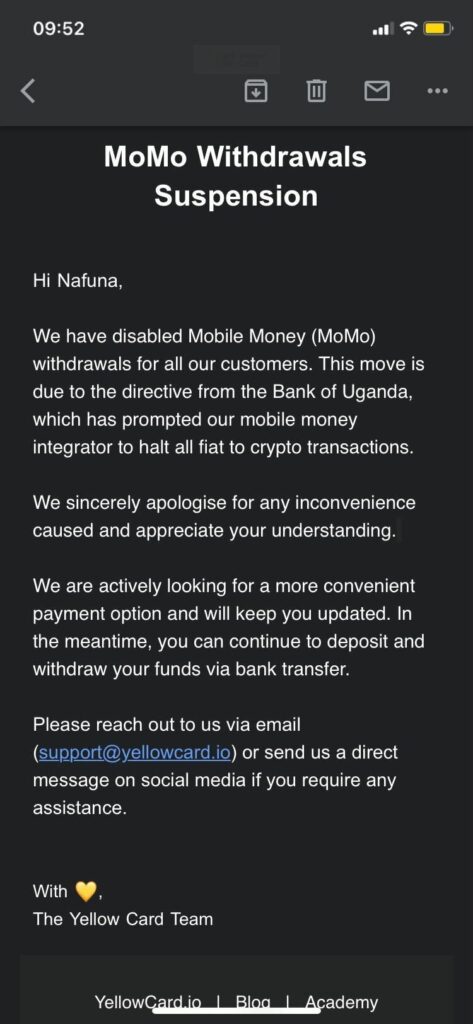Following the Central African Republic’s announcement to adopt Bitcoin as legal tender reported here, there have been many questions about how the cryptocurrency will be adopted in the relatively poor country.
The Regional Bank of Central African States (BEAC), which is the authority that issues the Central African Franc that is to function alongside Bitcoin in CAR has not yet made its position clear on the Bitcoin adoption by the Central African state, having allegedly been blindsided by the move.
The CAR government statement from Wednesday 27th April claimed the move to adopt Bitcoin made the country one of the world’s “most visionary countries” but it still remains to be seen how the vision is to be realized given the infrastructural problems in the country.
The DataReportal website estimates that the Central African Republic has an internet penetration rate of just 11% amounting to about 550,000 people online last year. At the same time, only around 14% of people have access to electricity and less than half of these have a mobile phone connection according to the Economist Intelligence Unit.
Bitcoin usage heavily relies on relatively fast and reliable internet and devices that run on electricity so a look at the CAR infrastructure numbers does not paint the brightest picture for the developing country.
Analysts and crypto experts have said that great challenges lie ahead in adopting Bitcoin in one of the world’s poorest countries with low internet use, widespread conflict, spotty electricity and a population mostly unfamiliar with crypto.
With a population of 4.8 million people, the African country was the world’s second to turn to Bitcoin following El Salvador. By the time El Salvador announced their Bitcoin adoption in June 2021, the country already had a small but growing community of crypto users but internet issues still hindered widespread commercial use.
US blockchain researcher Chainalysis, which tracks crypto usage, had no data on the Central African Republic, which has been gripped for years by violence and is home to Russian mercenaries who have been helping the government overcome rebel groups since 2018.
Nathan Hayes, an analyst at Economist Intelligence Unit spoke about the adoption saying, “Given the enormous barriers to adoption and risks associated with use, and seemingly limited upsides, we do not expect widespread adoption of cryptocurrencies in the country.”
In light of the clear challenges that exist, a developing theory for why CAR is adopting Bitcoin is that the move is meant to send a message rebuking the regional Central African Franc (CFA).
The CFA is used by six states i.e. Cameroon, Central African Republic, Chad, Republic of the Congo, Equatorial Guinea, and Gabon. The currency is governed by the Bank of Central African States (BEAC) and is pegged to the Euro.
The BEAC has an arrangement where it must maintain at least 50% of foreign assets with the French treasury but this has been criticized as a barrier that is holding back economic development.
CAR’s crypto move “reflects regional disquiet over the use of the CFA franc, with its colonial overtones,” Rahul Shah, head of financials equity research at Tellimer, said.
This apparent condemnation of the CFA was not lost on members of the crypto community and CEO of crypto exchange Yellow Card Financial, Chris Maurice is quoted as saying the move is “ a big middle finger to the French economic system.”
Yellow Card has over a million users in 16 African countries including a license to operate in the CFA area. It is on this background that the CEO was confident in adding that “Central Africa is extremely far behind in terms of development.”
In January, the International Monetary Fund (IMF) urged El Salvador to do away with its move to make Bitcoin legal tender and continues to voice caution on the Central African Republic’s move.
“You have to make sure that the legislative framework, in terms of the transparency of financial flows, the governance framework around it is all robustly in place.”
Speaking at a press briefing on its economic outlook for sub-Saharan Africa, IMF Africa department director Abebe Aemro Selassie pointed out the importance of not seeing such tech as a quick cure-all for economic challenges countries face as we continue to monitor the situation around the Central African Republic.










